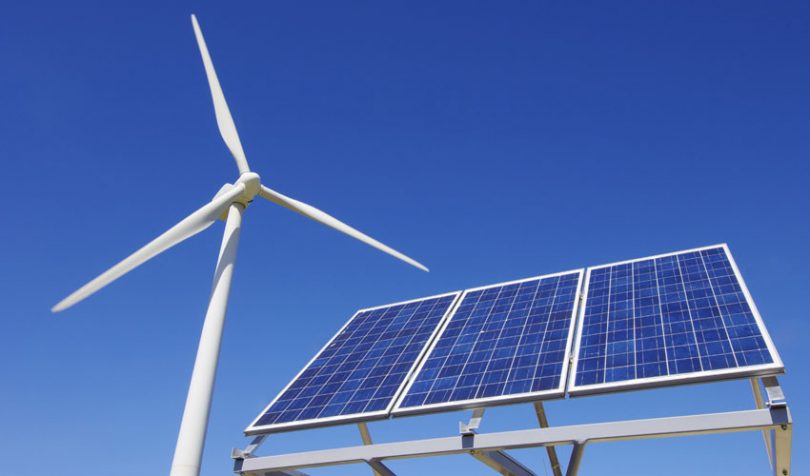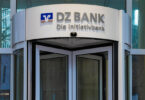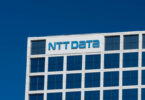The German Ministry of Economic Affairs and Energy is funding a three-year research project conducted by the Reiner Lemoine Institute focused on implementing blockchain technology in electricity trading. The project is entitled BEST, a German acronym for Blockchain-based decentralized energy market design and management structures. It started in January.
Other consortium participants include OLI Systems GmbH, fortiss GmbH, the Fraunhofer Institute FOKUS, and utility e-regio.
Germany is committed to pursuing the energy transition to shift consumption from fossil-based systems such as oil, natural gas and coal, to renewable sources.
With conventional sources of energy, utilities can buy and sell electricity on the market and start-up or shut down power plants to adjust for demand. Renewable options – whether wind or solar – are more unpredictable and cannot easily adjust to demand at short notice, which creates a greater imbalance between supply and demand for electricity.
To tackle this issue, energy needs to be traded as locally and directly as possible. The BEST project addresses this by developing an electricity market provider system (SMBS) that supports local electricity trading where surpluses and bottlenecks can balance each other out in real-time.
Developing the SMBS will consider issues such as the optimal auction mechanism and how it will fit in with current energy law.
The software will be tested virtually during the prototype phase, followed by a lab simulation connecting consumers and producers to a real technical system. If the project’s timeline goes according to plan, the final six months will consist of a trial conducted under real conditions with electricity provider e-regio, close to Bonn.
The advantage of implementing blockchain in energy trading, just like in any other application of the technology, is that each transaction is assigned a unique signature, which over time creates a decentralized system that is not dependent on any one organization.
“Blockchain is interesting for the energy transition because it enables electricity to be traded directly between generating and consuming systems,” said Norman Pieniak, BEST project manager. “The entire energy system benefits from this peer-to-peer trading because it can react much more flexibly to fluctuations.”
As more effort is put towards energy transition, other solutions to address the imbalance of supply and demand are likely to emerge. Three months ago, Siemens said it was working with German electricity utility Allgäu Überlandwerk as part of the Pebbles consortium for trading electricity. And Germany’s federal energy agency DENA is building a German digital registry for distributed energy resources (DERs) with blockchain non-profit Energy Web.







